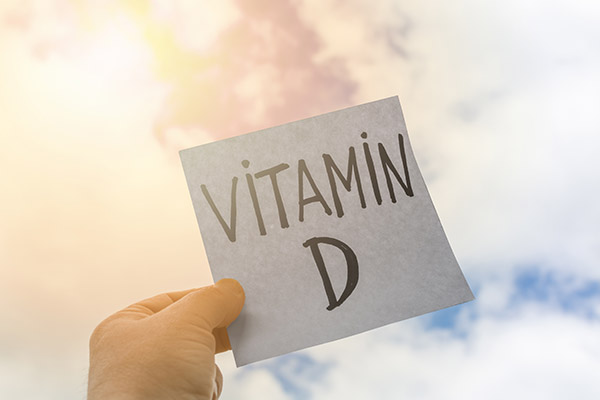Are You Getting Enough of the Sunshine Vitamin?
When LaDonna went in for a routine check up a few years back, she was shocked to learn that despite her consistent time spent soaking up rays in her garden alongside all of the milk she’d downed as a tike, she was indeed vitamin D deficient. What LaDonna learned is something a majority of Americans are experiencing due to increased exposure to BPA in plastics, food packaging, and more.
While so many of us associate vitamin D with strong bones, sunshine and a glass of milk, it is truly so much more and can actually be difficult to increase through diet alone.
When a woman becomes deficient in vitamin D, it causes sarcopenia or a loss in muscle mass. Muscle burns fat and a lack of muscle means gaining fat more easily. Gaining fat leads to an increase in insulin resistance which leads to more weight gain. Sound familiar? This is a cycle many readers are likely all too familiar with.
Vitamin D > Muscle Loss > Weight Gain > Insulin Resistance > Weight gain
But loss of muscle mass doesn’t just mean a frustrating gain in weight. When we lose muscle as we age, it can also lead to instability in joints which can lead to falling. Nine times out of ten, the reason why an older female with no prior issues goes from living independently to assisted living is a hip fracture due to a fall, and it all starts with vitamin D.
Studies are also finding that 80% of COVID-related deaths were vitamin D deficient. It simply worsens pulmonary function and worsens the prognosis. It can cause macular degeneration or blindness in elderly, can lead to dementia and cognitive decline, and so much more.
But on the upside, we’ve see a 40% reduction in breast cancer in women who’ve increased their intake of Vitamin D. It’s a legitimate form of cancer prevention, protects against cardiovascular disease, and is even being looked into as a treatment for depression.
So, are you convinced?
If you don’t know what to take, look for a high quality compounded desiccated vitamin D3 supplement or give our office a call! We’ll have it in the office waiting for you.
Next, reduce chemicals in your life by eating less processed foods and using less plastic! It’s a process, but it could be life saving!

